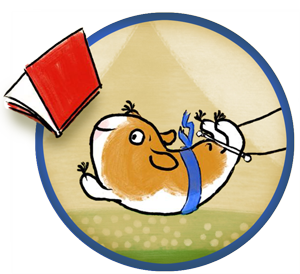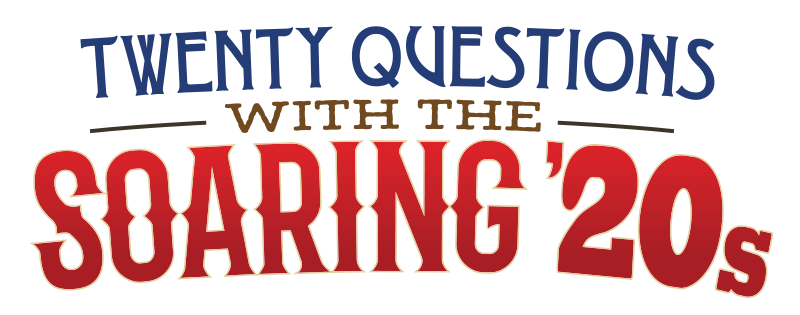Welcome back to our series, 20 QUESTIONS!,
where we answer questions about writing, reading, and author life.
This month’s question:
What motivates you to write?
“Intention. Before I start a new project, I always ask the “why” question. Why do I want to write this? Why me? Once I can answer that, usually the next question that follows is– how the heck am I going to do it?!”
– M.O. Yuksel, author of ONE WISH: Fatima al-Fihri and the World’s Oldest University, illus. Mariam Quraishi (HarperCollins, 2022)
“Deadlines! Even self-imposed ones. I need to feel that sense of panic sweep over me as the date draws closer. So I look to writing/drawing contests, critique group meetings, and conference dates as motivation to get stories down on paper. Otherwise they just float around in my head.”
– Abi Cushman, author-illustrator of WOMBATS ARE PRETTY WEIRD: A [Not So] Serious Guide (Greenwillow Books, 2023)
“Taking a class. When I know I’m actually PAYING to be in a class, workshop, writing retreat, or other opportunities, I’m much more consistent about doing my homework and actually writing something. I guess my dislike for wasting money is even stronger than my urge to procrastinate.”
– Carrie Finison, author of HURRY, LITTLE TORTOISE, TIME FOR SCHOOL, illus. Erin Kraan (Random House Studio, 2022)
“A buddy! For me, writing is a practice, a daily habit. Every weekday morning, my accountability partner, Marcie, and I check in with each other at 5:25 a.m., state our creative intention, and write for at least an hour before anyone else in our house wakes up. Then we check in on our progress and celebrate it, no matter how small. “
– Kirsten W. Larson, author of THE FIRE OF STARS: The Life and Brilliance of the Woman Who Discovered What Stars Are Made Of, illus. Katherine Roy (Chronicle Books, 2023)








